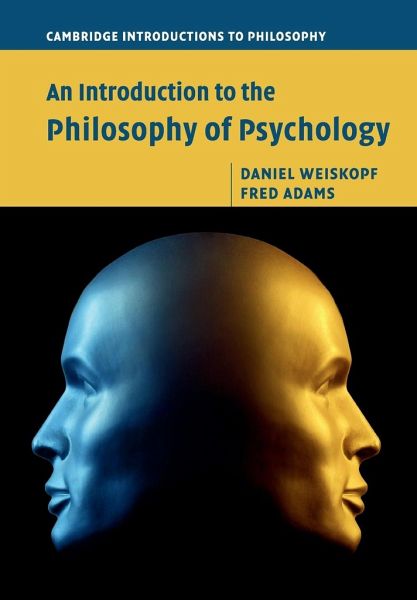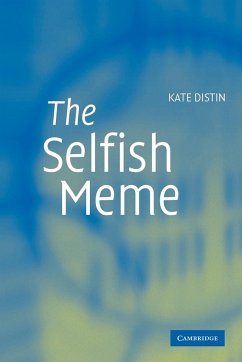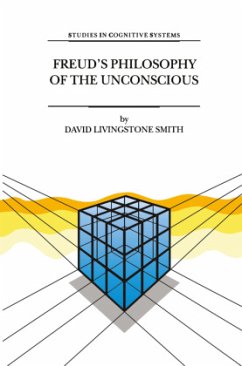
An Introduction to the Philosophy of Psychology
Versandkostenfrei!
Versandfertig in 1-2 Wochen
40,99 €
inkl. MwSt.
Weitere Ausgaben:

PAYBACK Punkte
20 °P sammeln!
Psychology aims to give us a scientific account of how the mind works. But what does it mean to have a science of the mental, and what sort of picture of the mind emerges from our best psychological theories? This book addresses these philosophical puzzles in a way that is accessible to readers with little or no background in psychology or neuroscience. Using clear and detailed case studies and drawing on up-to-date empirical research, it examines perception and action, the link between attention and consciousness, the modularity of mind, how we understand other minds, and the influence of lan...
Psychology aims to give us a scientific account of how the mind works. But what does it mean to have a science of the mental, and what sort of picture of the mind emerges from our best psychological theories? This book addresses these philosophical puzzles in a way that is accessible to readers with little or no background in psychology or neuroscience. Using clear and detailed case studies and drawing on up-to-date empirical research, it examines perception and action, the link between attention and consciousness, the modularity of mind, how we understand other minds, and the influence of language on thought, as well as the relationship between mind, brain, body, and world. The result is an integrated and comprehensive overview of much of the architecture of the mind, which will be valuable for both students and specialists in philosophy, psychology, and cognitive science.













![An Introduction to the Study of Hinduism [microform] Cover An Introduction to the Study of Hinduism [microform]](https://bilder.buecher.de/produkte/65/65528/65528817n.jpg)
